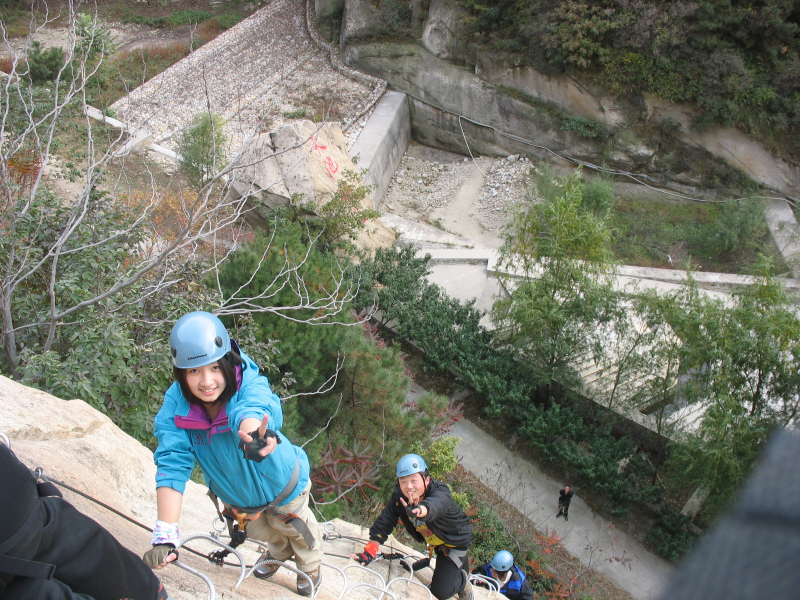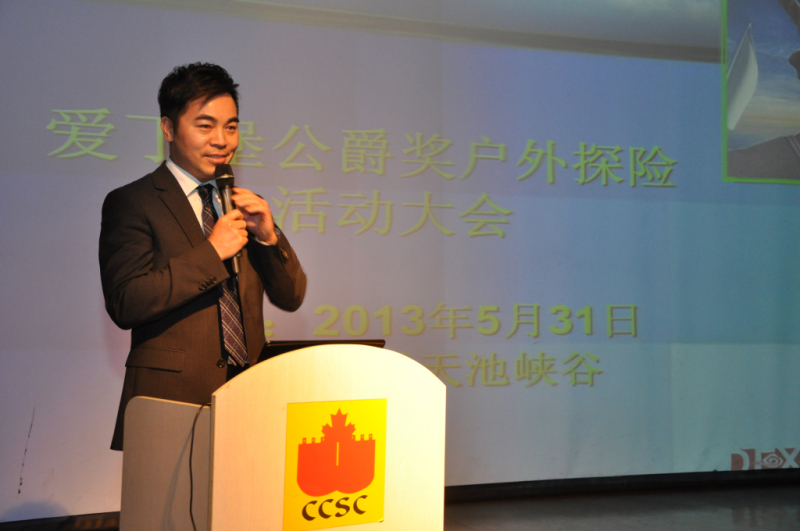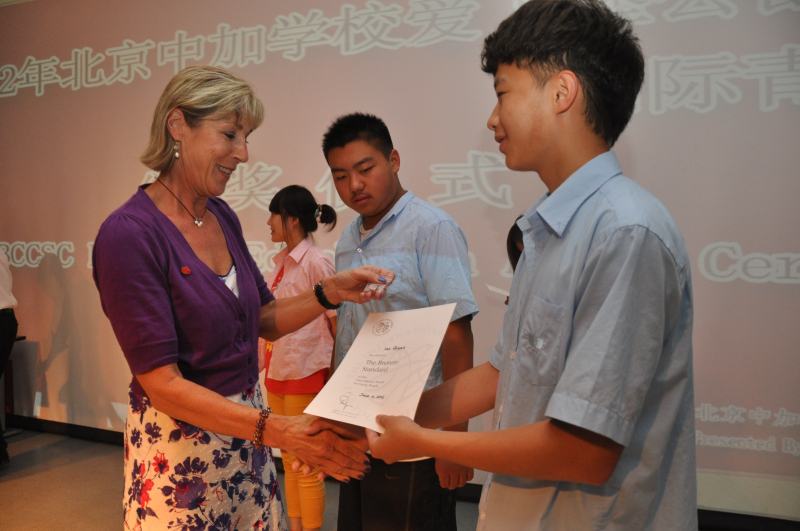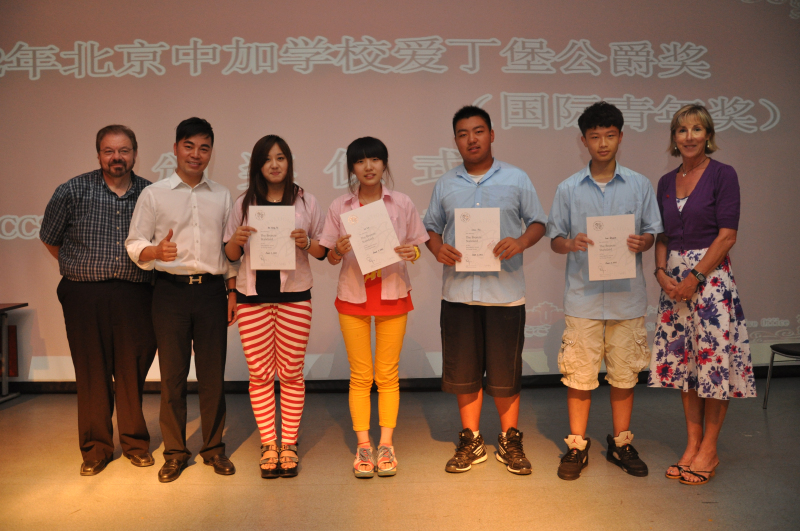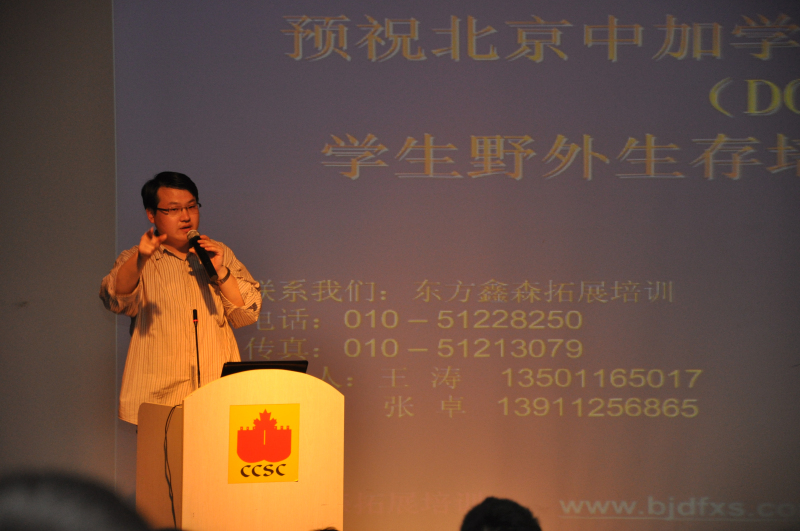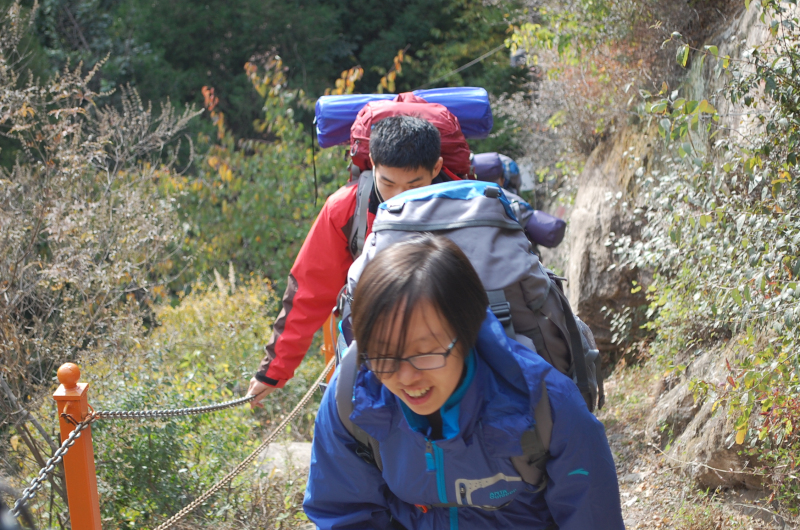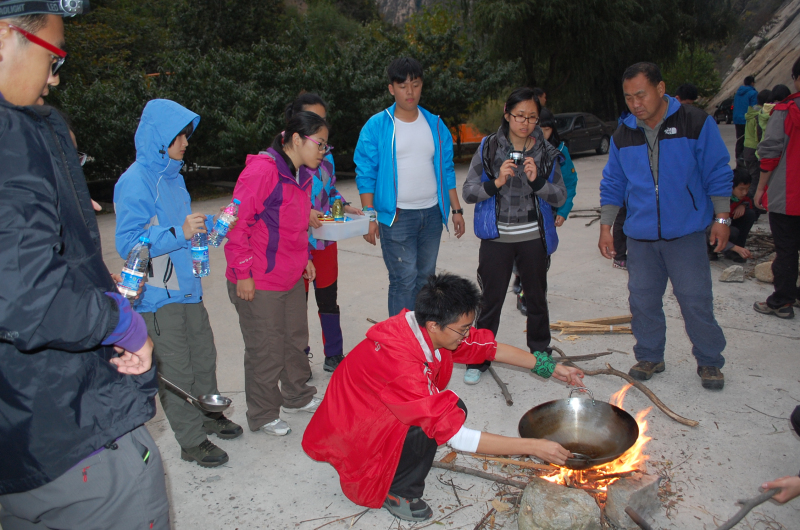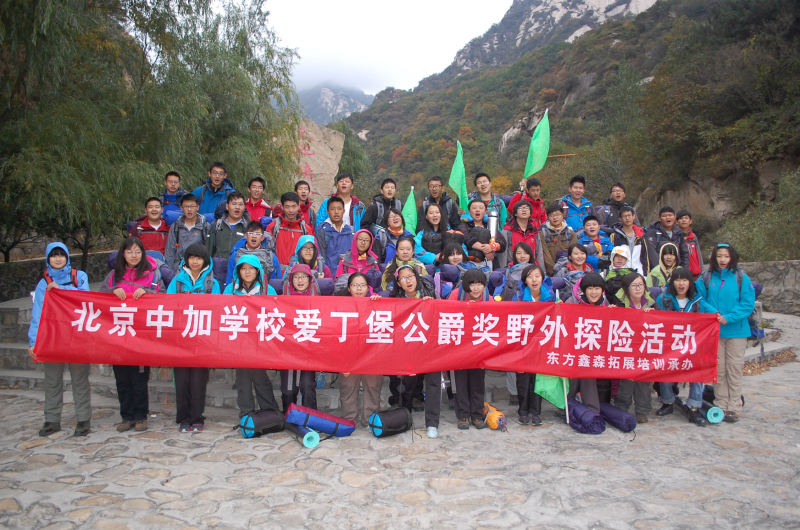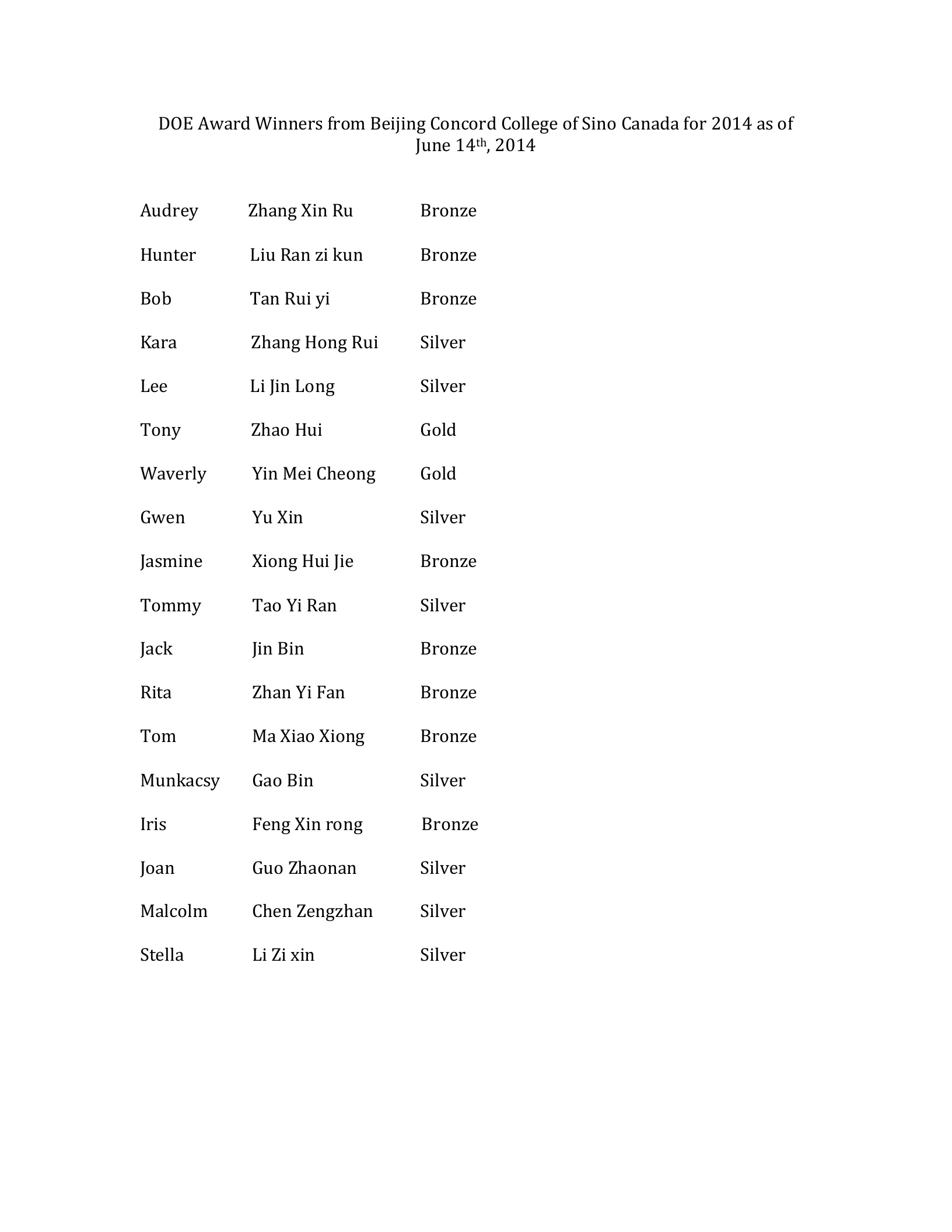The Duke of Edinburgh's International Award
The Duke of Edinburgh International Award Program was first introduced in the United Kingdom in 1956. Though originally for boys, the program extended to girls 2 years later. Because of the unique flexibility of the Award, it was ideally suited to different cultures and societies, allowing countries all over the world to adopt it. By the 1980s, the Award operated internationally in 140 different countries.
The Award itself is based on the concept of individual challenge. It presents to young people a balanced, non-competitive program of voluntary activities which encourages personal discovery and growth, self-reliance, perseverance, responsibility to themselves and service to their community. Participation is entirely voluntary and the individual participant has a completely free choice in the selection of the locally available options within the four Sections.
The Four Sections
Service: This section seeks to give participants a sense of responsibility to each other and their community, allowing them to become better citizens. The focus of the activity is to provide voluntary service to help create a caring and compassionate community, as well as developing participant’s own skills. Students need to participate for 1 hour per week for the minimum amount of time required by their level of Award.
Skill: This section should stimulate new interests or improve existing ones. These interests are typically non-physically demanding in nature and may be hobbies, vocational or job-related skills, social or individual activities, cultural activities or life skills. Students must participate for one hour per week for the minimum amount of time required by their level of Award.
Physical Recreation: This section should encourage participants to improve their physical performance. It is based on the belief that a healthy body is a good end in itself can often help to develop a healthy mind. This can be done as a group or individual. Students must participate for one hour per week for the minimum amount of time required by their level of Award.
The Adventurous Journey: This section provides participants with a unique, challenging and memorable experience. The journey should be taken by a small team in an unfamiliar environment, requiring determination, physical effort, perseverance and cooperation to complete.
Once the entire Program is completed satisfactorily, the young person receives a certificate and pin as recognition of their achievement. This Award is not only important for students’ personal improvement, but also have the far- reaching impact on school, community or social development. It provides the new model for moral education. It also complies on the new curriculum demands. It recognized all over the World, and future universities and employers look at people who obtain the Award as people who are independent and self-motivating, have a sense of responsibility to others, the ability to make a plan and follow through on it. These qualities are the type of skills that are needed in the modern World to be successful and hard working. It can help reduce the dropout rate and improve the students’ health and happy sense. It has the profound effect on the students’ consideration in ecological civilization, the equality between men and women and the contradiction.
In 2011, BCCSC joined in this organization for evaluating this award. Our school was the first one to participate and introduce this award into China. Up to 2015, over one hundred BCCSC students have applied for this award, and 52 of them have won this award. They successfully met the demands of four aspects with their great efforts. They set a good example for other students in our school.
详细情况请登录学生处微博:http://weibo.com/beijingccsc
